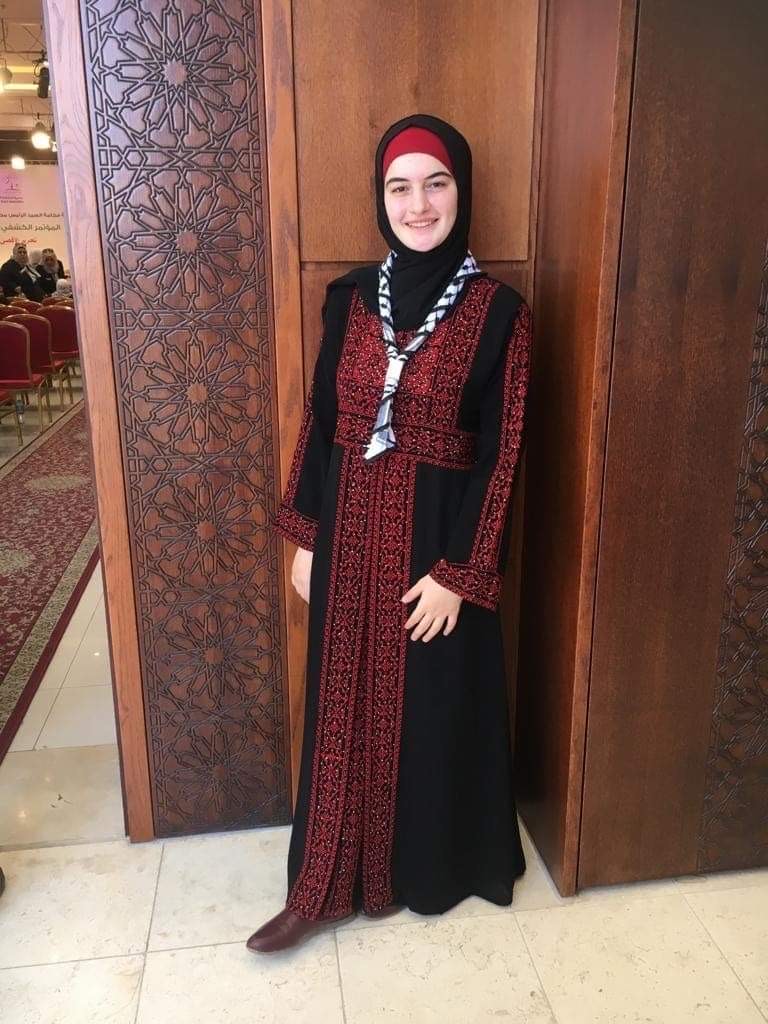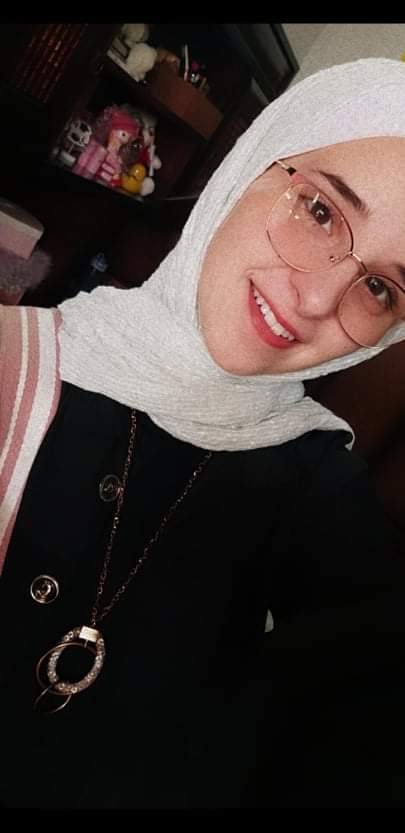Dr. Marta Roldo is a senior lecturer in pharmaceutical sciences at the University of Portsmouth in the United Kingdom. She is the exchange coordinator and employability lead within the School of Pharmacy and Biomedical Sciences and a keen Virtual Exchange implementer.
Dr Roldo undertook both Basic and Advanced Trainings for developing Transnational Virtual Exchange Projects. After she successfully implemented an international collaboration with a Swedish partner on the topic of interprofessional education in healthcare.
“The Erasmus+ Virtual Exchange Basic and Advanced trainings I did were invaluable in giving me the framework and the confidence to build my own project,” she says.
“I was searching for new opportunities to increase exchanges at our university and I decided to include an element of Virtual Exchange. It takes time to develop the idea and make it happen and after my Erasmus+ Virtual Exchange training I got very involved, motivated and excited about these new options.”
Dr Roldo explains how healthcare courses require an element of interprofessional education and that, up to recently, this was mainly done via existing courses within the university. Timetabling students across the disciplines to be able to achieve these requirements has become increasingly difficult. She found that Virtual Exchange enabled her to add that international interdisciplinary perspective that she was searching for. Through Virtual Exchange, she was able to bring in students from other universities - Sweden and the Netherlands – from various disciplines within healthcare. They included trainee doctors and nurses, pharmacy students and others.
“The most important aspect for us,’ explains Dr Roldo, “was the opportunity to share ideas on healthcare on an international level. We wanted our students to meet with each other across disciplines and borders, so that is what we focused on.” The main challenge, she found, was the lack of understanding surrounding Virtual Exchange.
“It wasn’t really recognised as something we could dedicate time to within our jobs,’ she explains, “but this wasn’t an issue for me as I was personally motivated to make it happen.”
Recruiting the students was another challenge as many didn’t know what this sort of virtual collaboration would mean for them with some thinking it would be too time consuming. The feedback from the participants was mostly positive and they enjoyed meeting other students from different cultures and nationalities.
Dr Roldo emphasises that being able to talk to others doing related degrees, but not necessarily the same degree, offers students a wider perspective on healthcare in general. She also would like participants to become more engaged with a variety of digital tools.
“In the future, I would like to do another interdisciplinary Transnational Virtual Exchange Project (TEP) between journalism/writing students and science students to see how to write science-based topics for the public, for example.”
Her advice to those thinking about setting up a TEP is: “It’s a little scary at first but break it down step-by-step with a good partner, and it becomes easier and you’ll see that it will grow organically. The Erasmus+ Virtual Exchange TEP training helps to give a clear structure on which to build your project. I say go for it as the benefits are clear for all.”



